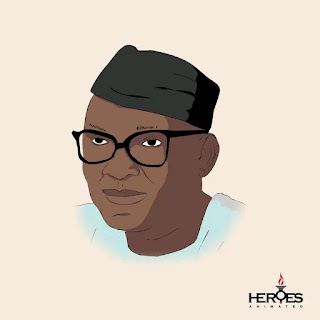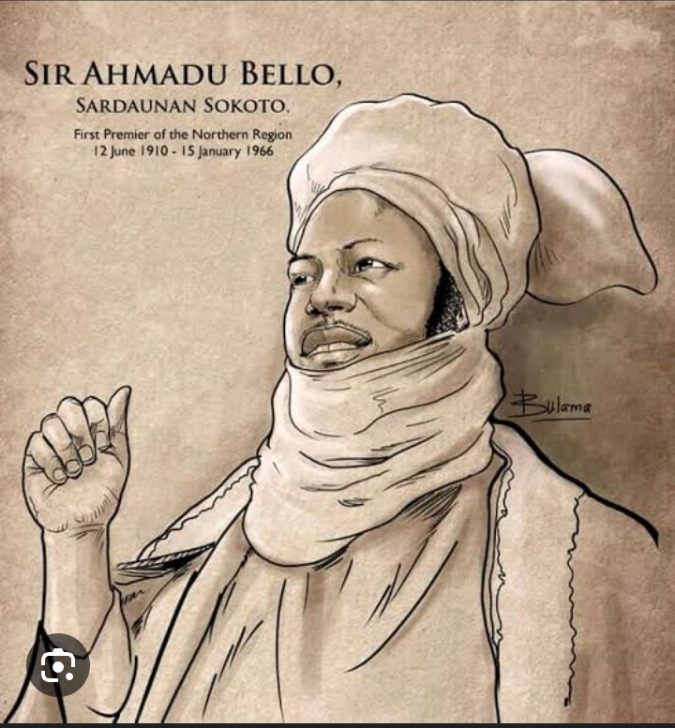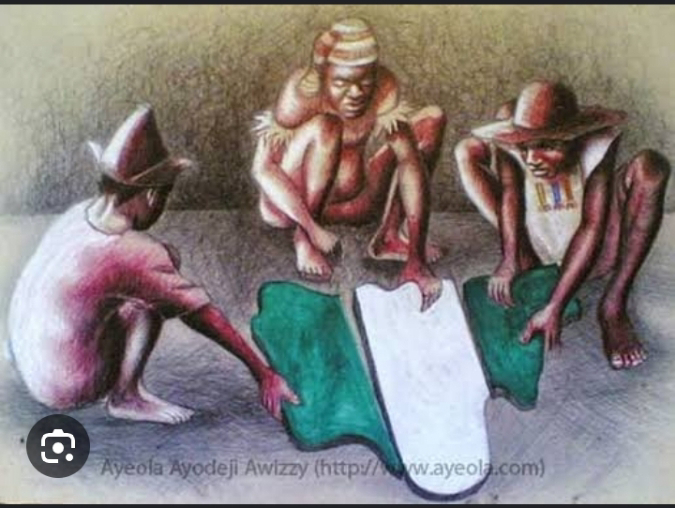Part 1: Nationalism In Nigeria, Nationalist Leaders And Their Contributions
Nnamdi Azikwe
Nationalism in Nigeria was inspired by ethnicity and emerged as a result of the people's love for their land and culture. It first rose in the 1920s with Sir Herbert Macauley at the forefront, who is also known as the father of Nigerian nationalism.
British colonialism in Nigeria was mainly based on joining diverse people and regions as one artificial political entity, as a result of this Nigerian nationalism was regionalized. Southern nationalist mainly Yoruba and Igbo spearheaded this new age and ideological inspiration came from a variety of sources, including prominent American-based activist such as Marcus Garvey and W.E.B.Du Bois. Nigerian students abroad joined students from other colonies in Pan-African groups, such as the West Africa Students Union, founded in London 1925.
Ethnic and kinship organizations that often took form of tribal unions also emerged in the 1920s. These organizations were primarily urban phenomena that arose after large number of rural migrants moved to the cities. Due to the lack of individuality as well as strong ties to their ethnic groups, the new city dwellers formed local clubs that later expanded to large groups covering whole regions. By the mid-1940s the major ethnic groups had formed associations such as the Igbo Federal Union and the Egbe Omo Oduduwa( society of the descendants of Oduduwa) a Yoruba cultural movement in which Awolowo played a prominent ; The opportunity afforded by the 1922 constitution to elect a number of representatives to the legislative council gave a handful of conscious Nigerians something concrete to work on. The principal figure in the political activity that ensued was Herbert Macauley, he aroused political awareness through his newspaper, the "Lagos Daily News". As the leader of the Nigerian National Democratic Party (NNDP), his party dominated Lagos elections however the NNDP remained almost entirely a Lagos party and not known in other regions. Nigeria's first political party to have nationwide appeal was the National Congress of Nigeria and the Cameroon (NCNC) founded in 1944 when Azikiwe encouraged activist in the National Youth Movement to call a conference in Lagos of all major Nigeria organizations to " weld the heterogeneous masses of Nigeria into one solid bloc". The aged Macauley was elected president and Azikiwe became Secretary-general.
The Action Group rose in 1951 as response to Igbo control of the NCNC and as a vehicle for Yoruba regionalism that refused unitary government. The AG was largely the work of Obafemi Awolowo, general secretary of Egbe Omo Oduduwa and leader of Nigerian Produce Traders Association, Awolowo had little difficulty in appealing to broad segments of the Yoruba population but he strove to prevent the AG from being stigmatized as a tribal group. Despite his somewhat successful effort to enlist non-Yoruba support, the regionalist sentiments that had stimulated the party initially could hardly be concealed.



Comments
Post a Comment